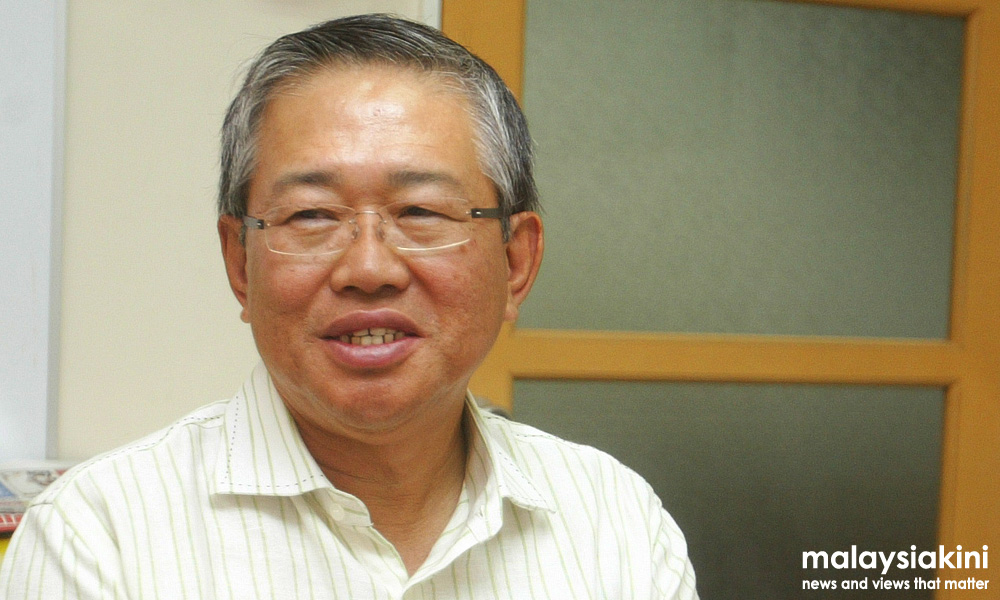COMMENT | One workday morning in 2007, a group of immigration officers turned up at the headquarters of the Port Klang Free Zone (PKFZ) which the Port Klang Authority (PKA) was jointly developing with the Dubai-based Jebel Ali Free Zone (Jafza).
They asked Jafza’s representative, Noel Gulliver, for his work permit. He had none. According to an agreement between Jafza and the PKA, it is the latter’s responsibility to obtain a permit for Gulliver. They frog-marched him from his office to the Immigration Department for “being in gainful employment without a work permit”.
Ten years have passed since this incident – a culmination of an acrimonious relationship between the two parties. The immediate effect was that the project ended up in what was then the biggest financial scandal in Malaysian history. In those tumultuous days, OC Phang was general manager of the PKA.
After the fiasco was exposed by the media, she was summoned to appear before the Public Accounts Committee (PAC). Azmi Khalid who chaired the meeting summed it all up: “She (Phang) doesn’t even know what we mean by cash flow projection.”
Azmi said the financial management by Phang and her team was “weak and poor” and that no cash flow projection was made for the project. But nothing happened – just an admonition and it was business as usual.
Then in 2008, the newly-minted transport minister Ong Tee Keat was adamant in getting to the bottom of the issue which had constantly come under attacks by then opposition leader, Lim Kit Siang.
With an equally enthusiastic chairperson, Lee Hwa Beng (photo below), the accounting firm of PriceWaterhouseCoopers was commissioned to carry out investigations and produce a comprehensive report.

To cut a long story short, the damning report identified the people and the methodologies they used to syphon taxpayers’ money to the tune of millions. The report indicated that members of the board were either in connivance with the management or were “totally sleeping” when decisions were made.
The report was presented to the then premier Najib Abdul Razak who set up a “super task force” to look into the matter. The issue died a slow and lingering death.
The PKA board vetoed a proposal to hold members of the previous boards liable for breach of fiduciary duties. In the meantime, Tee Keat lost his ministerial post. Before Hwa Beng was dumped due to political expediency, he convinced the directors that Phang should be held accountable and be sued for breach of fiduciary duties.
With a new minister and a new chairperson, many issues were swept under the carpet. Complaints to various professional bodies were withdrawn without any valid reasons and the “abang-adik” culture reigned supreme. Because of the relentless media pressure, none dared to withdraw the suit against Phang. It dragged on for years...

